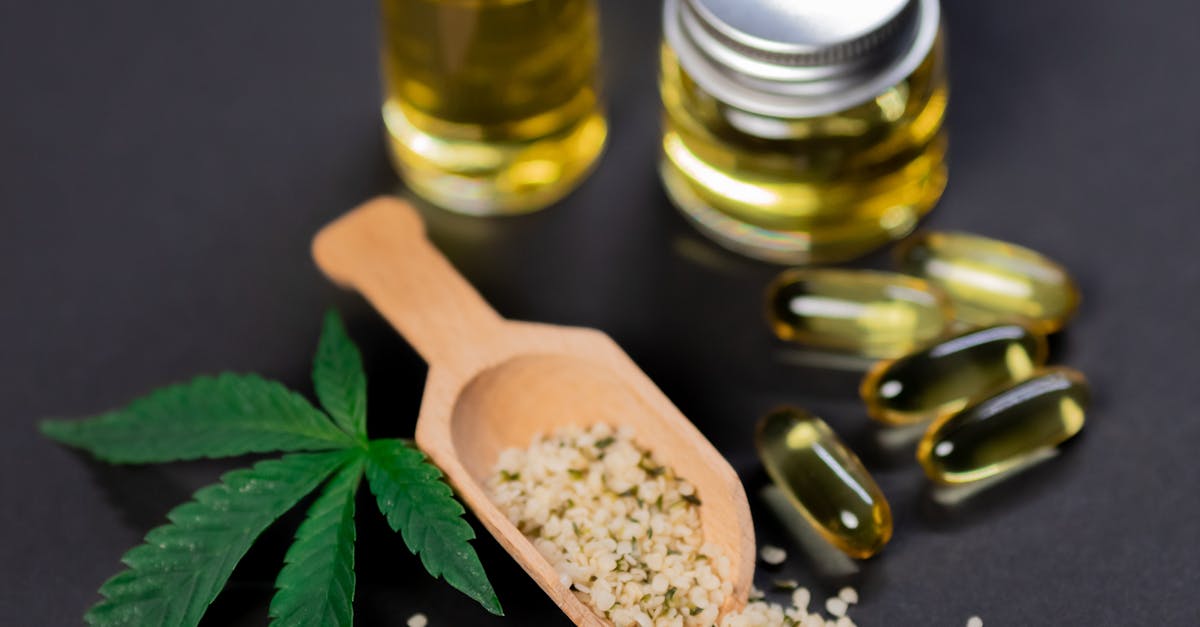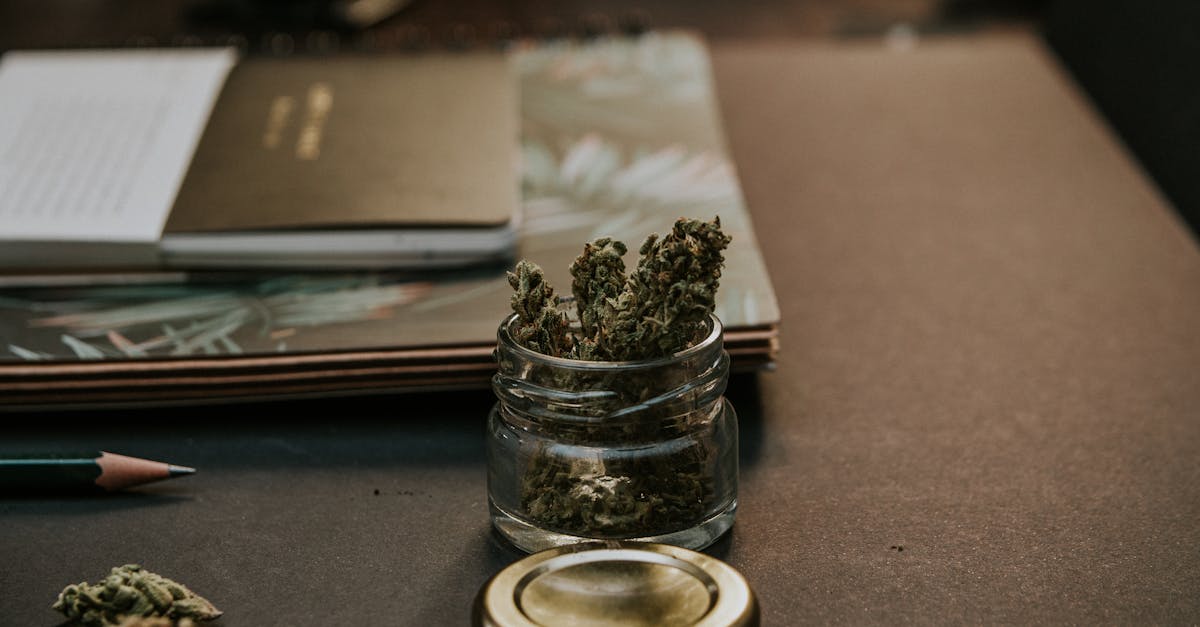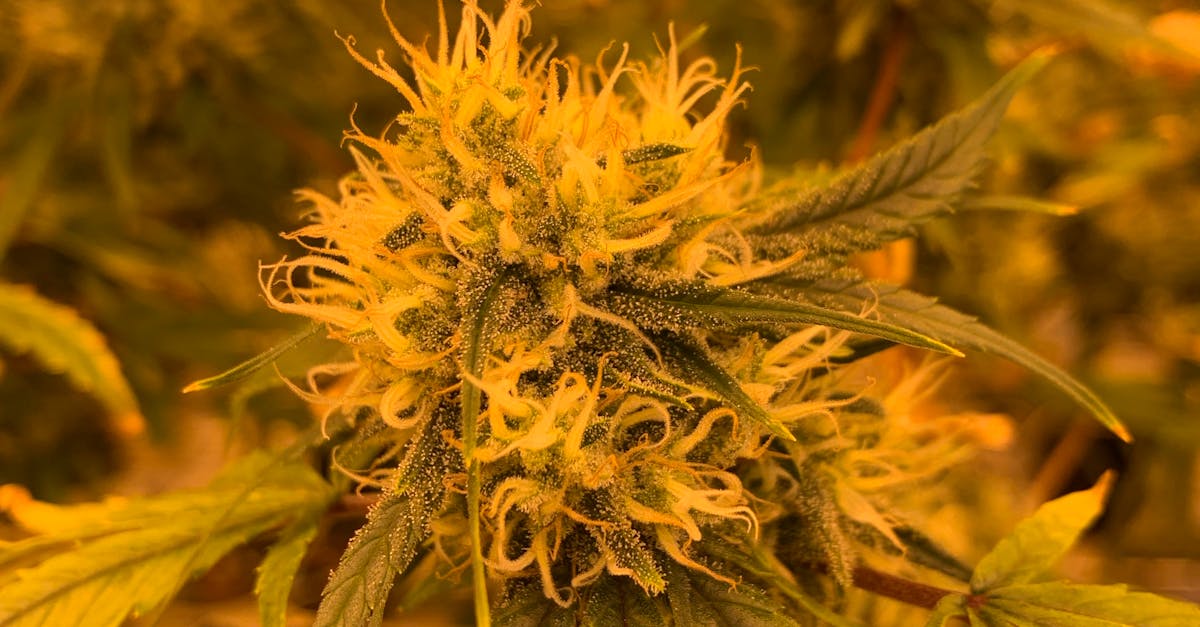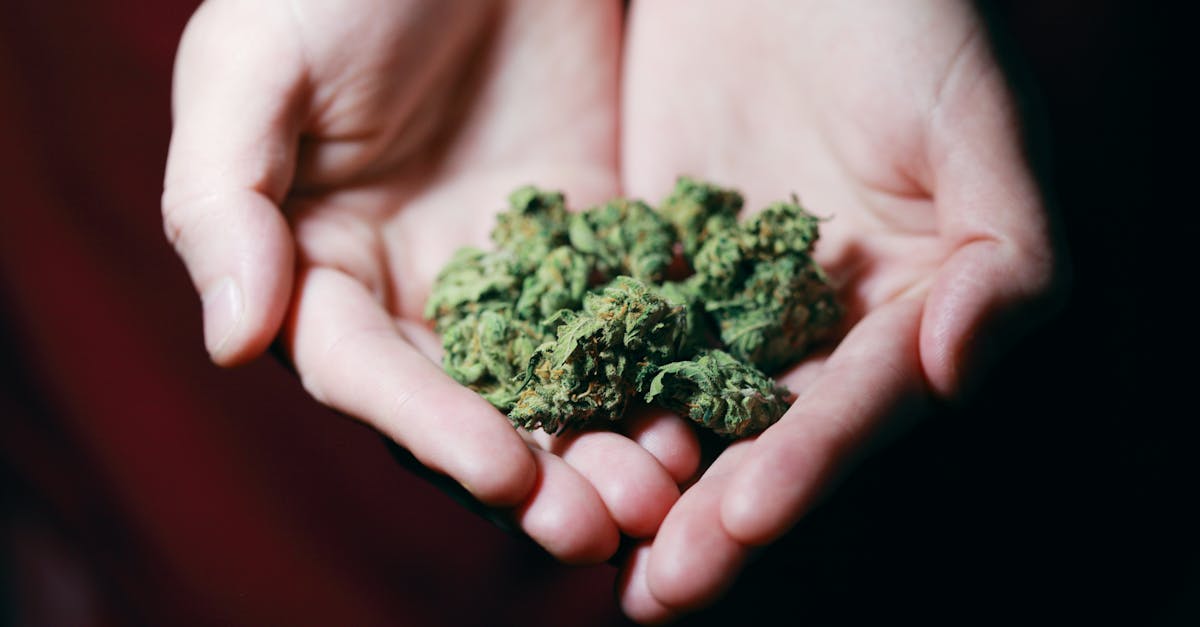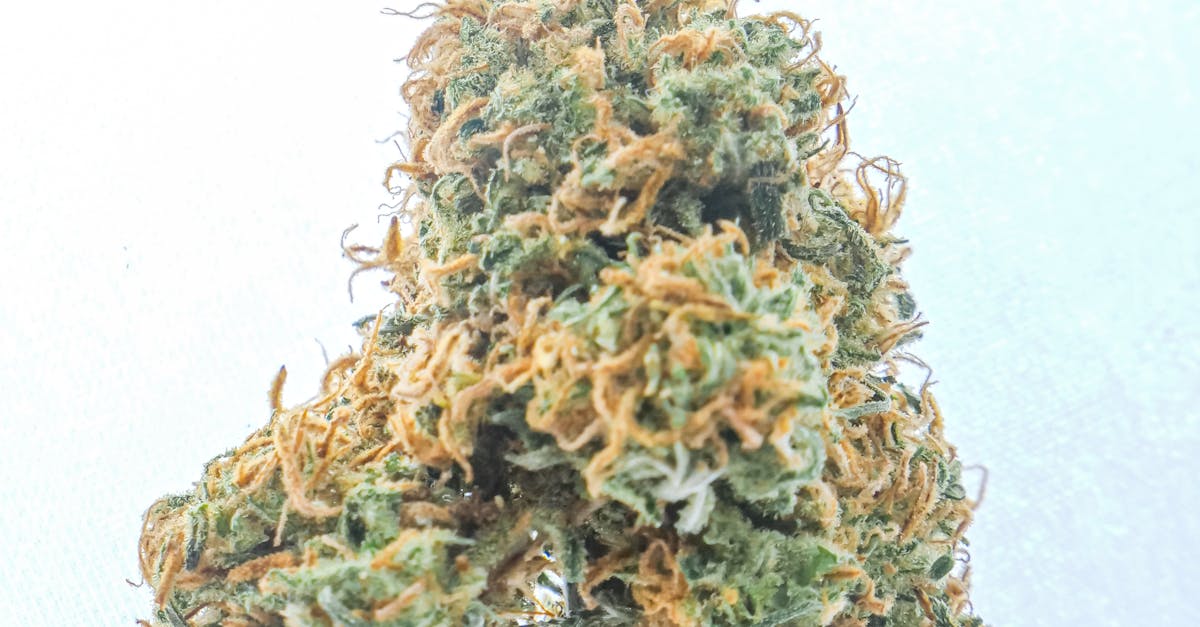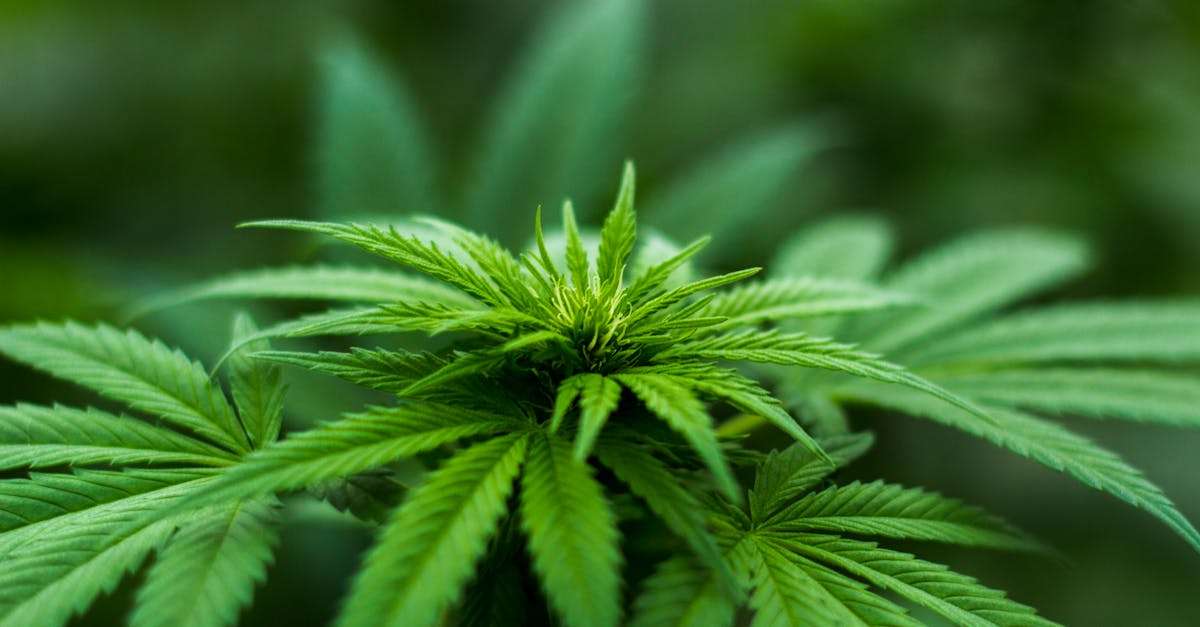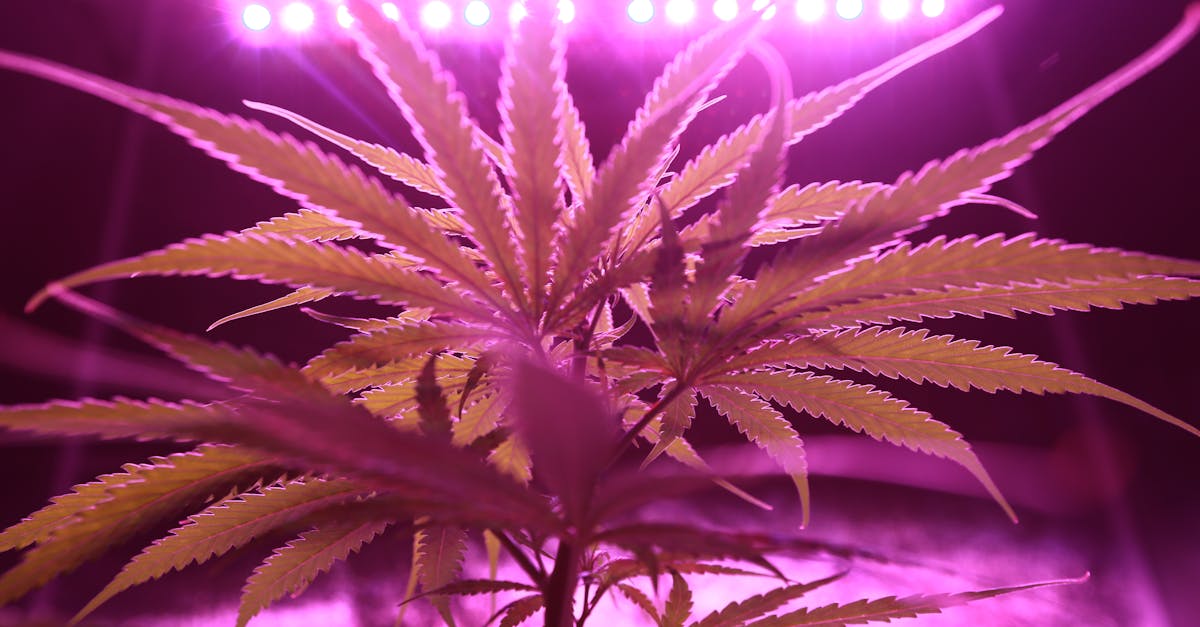
Table Of Contents
Effects of Cannabis Resin vs. Concentrates
Cannabis resin and concentrates are two potent forms of cannabis that can have differing effects on individuals. Cannabis resin, commonly known as hashish, is derived from the resin of the cannabis plant. It typically contains high levels of THC, the psychoactive compound in cannabis, which can result in intense and long-lasting effects when consumed. On the other hand, Cannabis Concentrates Milton, such as shatter or wax, undergo extraction processes to isolate cannabinoids like THC or CBD. Concentrates are known for their high potency, with THC levels reaching up to 90%, leading to rapid and potent effects when consumed.
The effects of cannabis resin and concentrates can vary depending on the individual's tolerance and the potency of the product. Cannabis resin may provide a more traditional high, characterized by relaxation, euphoria, and increased sensory perception. Conversely, Cannabis Concentrates Milton can induce a quick and powerful high due to their concentrated cannabinoid content, potentially leading to a more intense psychoactive experience. Understanding the effects of these cannabis products is crucial for consumers to make informed decisions about their consumption and dosage.
Varied Potency Levels in Cannabis Resin and Concentrates
Cannabis resin and concentrates differ notably in terms of potency levels. Cannabis resin, also known as hashish, typically contains THC levels ranging from 10% to 20%, although it can sometimes reach up to 60%. On the other hand, Cannabis Concentrates Markham like shatter, wax, and budder are crafted to be highly potent, with THC levels often exceeding 80% and even reaching up to 90% in some instances. This stark contrast in potency makes concentrates a popular choice among users seeking a more intense and immediate high compared to resin.
The variation in potency levels between cannabis resin and concentrates is primarily attributed to the extraction process. Concentrates are created by extracting the most potent components of the cannabis plant, resulting in a product that is significantly more concentrated in cannabinoids, particularly THC. This extraction method allows for more precise control over potency levels, catering to individuals with different tolerance levels and preferences for the strength of their cannabis products.
Consumption Methods for Cannabis Resin and Concentrates
Consumption methods for cannabis resin and concentrates differ in the way they are used. Cannabis resin is often smoked in a pipe or joint, providing a traditional and straightforward method of consumption. On the other hand, cannabis concentrates, such as oils and shatter, are commonly vaporized or dabbed using a specialized rig. This method allows for a more potent and efficient delivery of cannabinoids into the bloodstream.
When considering the consumption of cannabis resin and concentrates, it is essential to understand the various techniques and tools available. In cities like London, Ontario, cannabis enthusiasts can explore a range of options in accessing and consuming these products. Whether opting for the simplicity of smoking resin or the advanced technique of dabbing concentrates, users should always prioritize safety and mindfulness in their consumption practices.
Dabbing vs. Smoking
When comparing dabbing and smoking as methods for consuming cannabis concentrates, it's essential to understand the key differences between the two practices. Dabbing involves the use of a device, often a dab rig, to vaporize the concentrated cannabis and inhale the vapors. This method is known for providing a more potent and immediate effect due to the high concentration of cannabinoids present in the concentrate. On the other hand, smoking cannabis concentrates typically involves using a device like a bong or a pipe to combust the material and inhale the smoke. While smoking can also offer a quick onset of effects, the experience may differ in terms of flavour and overall intensity compared to dabbing.
In Canada, the use of cannabis concentrates, including dabbing and smoking, is regulated under the Cannabis Act. This legislation governs the legal production, distribution, and consumption of cannabis products, including concentrates. As of October 2019, the legal sale of cannabis concentrates, such as Cannabis Concentrates London, is permitted in Canada, provided that the products meet the regulatory requirements set by Health Canada. It's important for consumers to be aware of the legal status and regulations surrounding cannabis concentrates to ensure compliance with the law while enjoying these potent products.
Legality of Cannabis Resin and Concentrates
The legal status of cannabis resin and concentrates in Canada is a topic of ongoing debate and regulatory scrutiny. While cannabis concentrates have gained popularity among consumers for their potency and efficiency, their legality remains a point of contention. In Canada, the regulations regarding the production, sale, and consumption of cannabis concentrates vary across provinces, leading to a complex landscape of laws and restrictions. For instance, in Windsor, the use and distribution of cannabis concentrates are subject to specific regulations that aim to ensure public safety and prevent misuse.
Despite the growing demand for cannabis concentrates in Windsor, the legal framework surrounding their sale and consumption is evolving to address concerns about health and safety. The government's approach to regulating cannabis concentrates aims to strike a balance between meeting consumer demand and mitigating potential risks associated with their use. As policymakers continue to assess the impact of cannabis concentrates on public health, ongoing revisions to the legal framework are expected to shape the future of Cannabis Concentrates Windsor within the broader context of cannabis legalization in Canada.
Legal Status of Cannabis Concentrates in Canada
Cannabis concentrates have become a focal point of discussions surrounding cannabis legality in Canada. Within the country, the status of cannabis concentrates is subject to specific regulations that differ from those governing dried cannabis flowers. Particularly in regions like Barrie, the sale, possession, and use of cannabis concentrates have been a topic of debate among policymakers and law enforcement agencies. The distinction in legal status between cannabis resin and concentrates adds a layer of complexity to the regulatory landscape, prompting ongoing considerations on how best to manage and control their distribution.
In Barrie and across Canada, the legal framework surrounding cannabis concentrates is continuously evolving, with authorities revising laws and policies to address emerging trends and potential public health concerns. As cannabis concentrates become more prevalent in the market, the need for clear and enforceable regulations becomes increasingly urgent. Cannabis Concentrates Barrie operates within this dynamic legal environment, requiring a multifaceted approach that balances public safety, consumer access, and industry growth. Understanding the legal implications of cannabis concentrates in Canada is essential for all stakeholders, from producers and retailers to consumers and regulators, as the landscape continues to develop and adapt to changing realities.
FAQS
What is cannabis resin?
Cannabis resin, also known as hashish, is a concentrated form of cannabis made by separating the resin glands from the plant material.
What are cannabis concentrates?
Cannabis concentrates are potent extracts derived from the cannabis plant, such as oils, shatter, wax, or rosin, produced through various extraction methods.
What is the main difference between cannabis resin and concentrates?
The main difference lies in their production process and potency levels. Cannabis resin is typically made by hand-pressing resin glands, while concentrates are extracted using solvents or mechanical methods for higher potency.
Are cannabis resin and concentrates more potent than traditional cannabis flower?
Yes, both cannabis resin and concentrates are more potent than traditional cannabis flower due to their higher concentrations of cannabinoids like THC and CBD.
How can cannabis resin and concentrates be consumed?
Cannabis resin can be smoked in a joint, pipe, or bong, while concentrates are often vaporized, dabbed, or used in edibles for a more intense and immediate effect.
